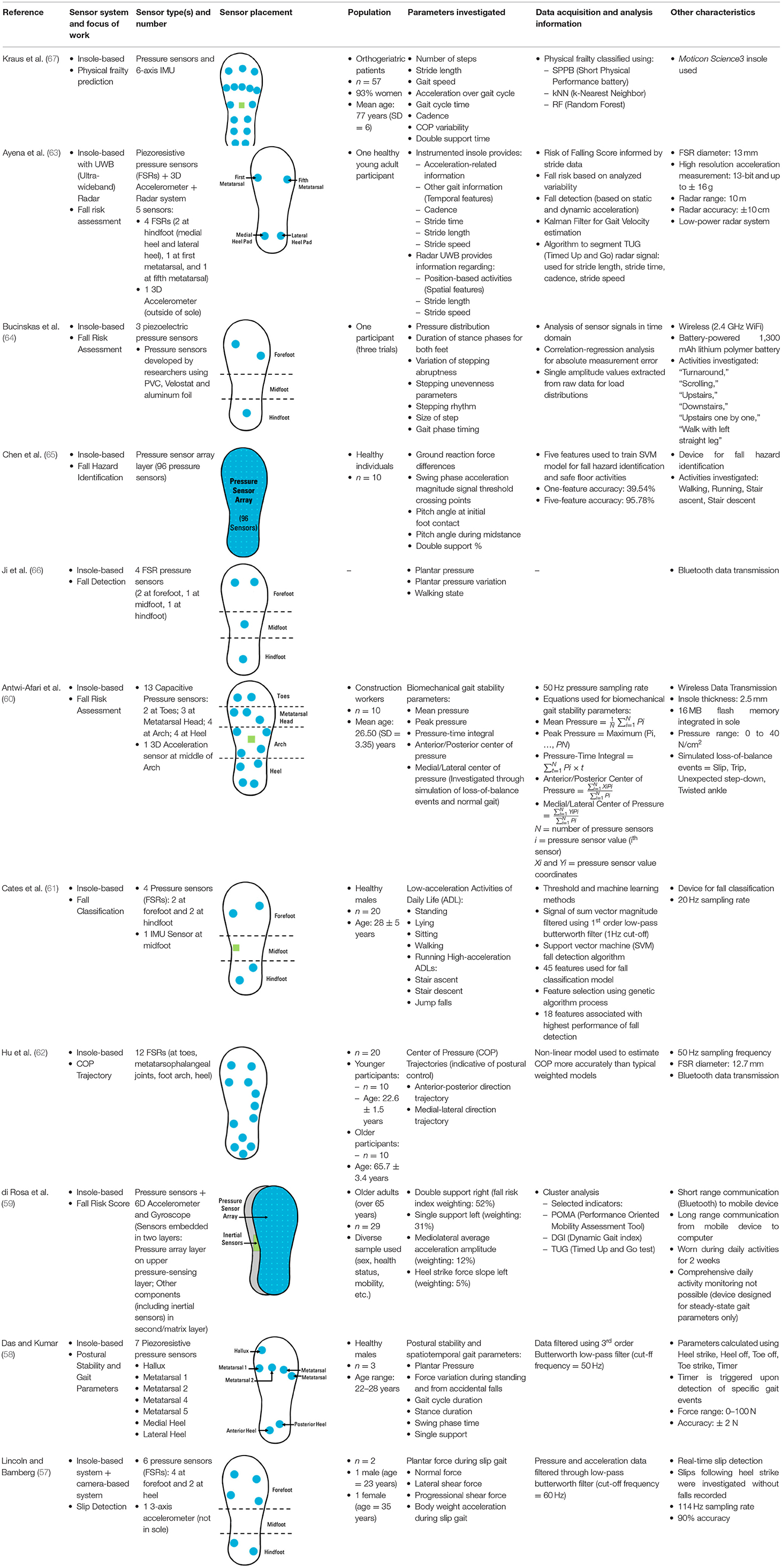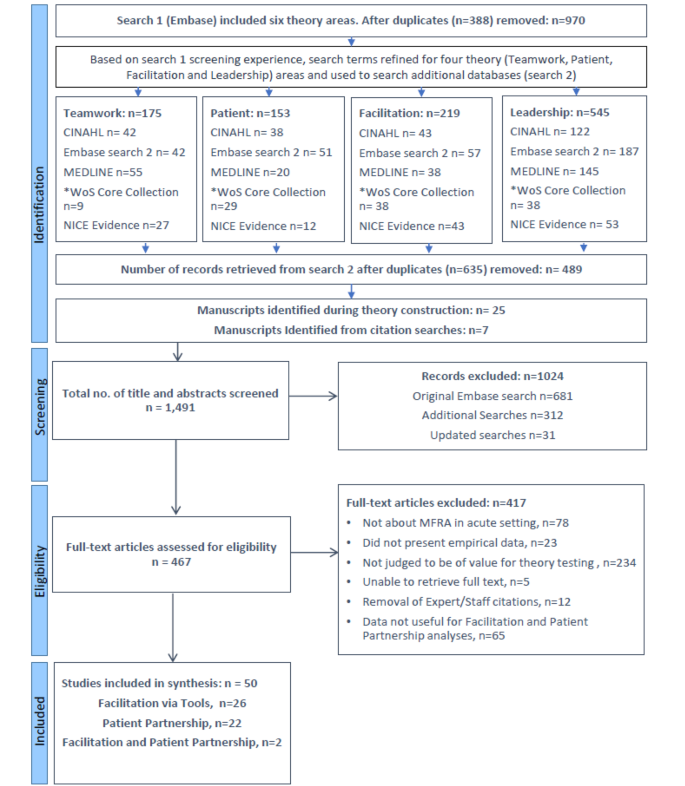The Ultimate Guide To Dementia Fall Risk
Table of Contents3 Easy Facts About Dementia Fall Risk DescribedDementia Fall Risk Fundamentals ExplainedEverything about Dementia Fall RiskNot known Details About Dementia Fall Risk The Ultimate Guide To Dementia Fall Risk
In the community, inadequate road lighting or vulnerable creeks and landfills might also trigger crashes. Loss Danger Assessment Tool (FRAT) is a 4-item falls-risk testing tool for sub-acute and residential treatment. The FRAT has 3 sections: fall threat standing, risk variable list, and activity strategy. A Loss Danger Condition includes data concerning history of recent drops, drugs, psychological and cognitive condition of the person.If the person scores on a risk aspect, the equivalent number of factors are counted to the person's autumn danger rating in the box to the much. If a patient's fall risk rating amounts to 5 or greater, the individual is at high danger for falls. If the individual ratings only 4 factors or reduced, they are still at some threat of dropping, and the nurse needs to utilize their ideal clinical analysis to take care of all fall risk factors as part of an all natural care plan.
These basic strategies, in basic, help create a safe setting that decreases unintended drops and delineates core precautionary measures for all individuals. Signs are vital for individuals at risk for falls.
Some Known Facts About Dementia Fall Risk.
Wristbands should include the person's last and very first name, date of birth, and NHS number in the UK. Details need to be printed/written in black versus a white background. Only red color must be made use of to signify unique client condition. These referrals follow current advancements in client identification (Sevdalis et al., 2009).
Items that are too far might call for the patient to reach out or ambulate needlessly and can possibly be a danger or add to drops. Aids stop the individual from going out of bed without any kind of assistance. Registered nurses reply to fallers' phone call lights faster than they do to lights started by non-fallers.
Aesthetic disability can considerably create drops. Hip pads, when worn correctly, may reduce a hip fracture when loss occurs. Keeping the beds closer to the flooring reduces the threat of drops and major injury. Placing the cushion on the flooring significantly lowers autumn risk in some medical care setups. Low beds are made to minimize the distance a person falls after relocating out of bed.
Dementia Fall Risk Things To Know Before You Buy
People who are tall and with weak leg muscular tissues that try to rest on the bed from a standing position are likely to fall onto the bed since it's also low for them to reduce themselves securely. Additionally, if a high client efforts to stand up from a reduced bed without aid, the patient is likely to drop back down onto the bed or miss out on the bed and drop onto the flooring.
They're developed to promote prompt rescue, not to protect against drops from bed. Apart from bed alarms, enhanced Look At This guidance for risky people additionally may help protect against drops.

People with an evasion stride increase fall opportunities drastically. To reduce autumn threat, footwear ought to be with a little to no heel, thin soles with slip-resistant step, and support the ankle joints.
Little Known Questions About Dementia Fall Risk.
Clients, especially older grownups, have actually decreased aesthetic ability. Lights an unfamiliar setting helps boost visibility if the person need to obtain up at night. In a research study, homes with adequate lights report less drops (Ramulu et al., 2021). Improvement in illumination in the house might reduce fall prices in older grownups (Dementia Fall Risk). Making use of gait belts by all wellness treatment companies can advertise safety and security when aiding people with transfers from bed to chair.

Caretakers are reliable for ensuring a protected, secured, and secure environment. However, research studies showed very low-certainty evidence that sitters minimize autumn risk in severe care hospitals and only moderate-certainty that alternatives like video clip surveillance can reduce sitter use without increasing loss risk, suggesting that sitters are not as helpful as at first believed (Greely et al., 2020).
Getting My Dementia Fall Risk To Work

Raised physical fitness minimizes the danger for falls and restricts injury that is received when autumn transpires. Land and water-based workout programs may be similarly advantageous on equilibrium and gait and therefore lower the danger for falls. Water workout might contribute a favorable benefit on balance and stride for women 65 years and older.
Chair Increase Exercise is a straightforward sit-to-stand workout that assists strengthen the muscular tissues in the thighs and butts and improves movement and independence. The goal is to do Chair Surge exercises without making use of hands as the client have a peek at these guys comes to be stronger. See sources section for a thorough instruction on exactly how to do Chair Rise exercise.
Comments on “Our Dementia Fall Risk Statements”